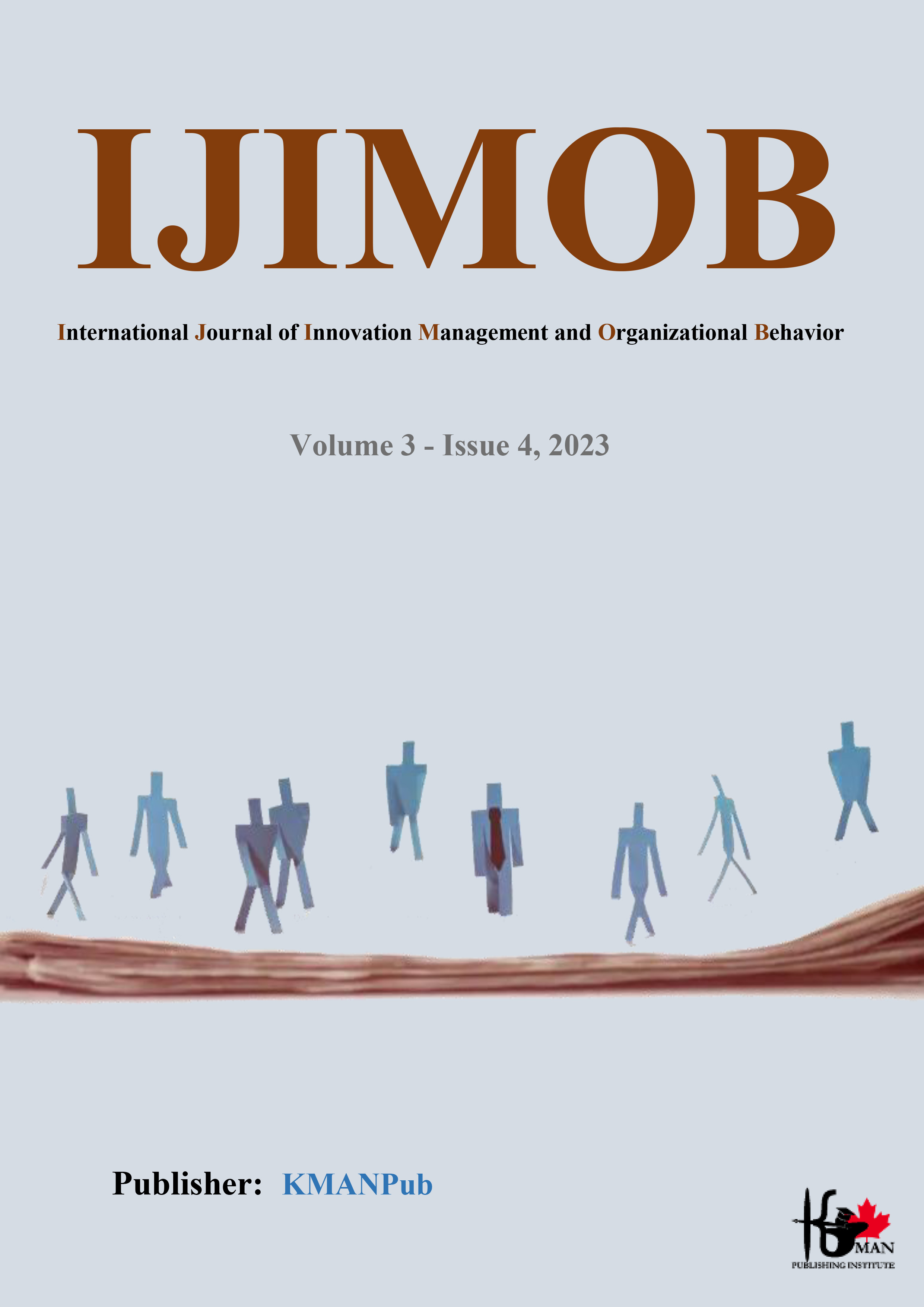Identification of Flexible Human Resource Management Components and Examination of Its Impact on Operational Performance with the Moderating Role of Organizational Ambidexterity
Keywords:
Flexibility, Flexible Human Resource Management, Organizational Ambidexterity, Operational Performance, Manufacturing CompaniesAbstract
Objective: The main objective of the present study was to provide a localized model of flexible human resource management for manufacturing companies in Iraq and to examine the impact of this variable on the operational performance of these companies.
Methodology: Therefore, the present research is developmental and was conducted using an exploratory-analytical approach. In the qualitative section, this study utilized the Delphi strategy, and in the quantitative section, it employed the survey strategy. The qualitative section's tool was a systematic review of the literature, and field data in the quantitative section were obtained using a questionnaire. Human resource management experts in Iraq were considered the statistical population for the first section, while human resource managers and experts in the manufacturing sector of this country were regarded as the statistical population for the second section.
Findings: Analysis of the opinions from a 20-member expert panel in the qualitative section led to the identification of six components of flexibility: operational, individual, skill, behavioral, temporal, and relational, for the concept of flexible human resource management. Additionally, the analysis of survey data obtained from a sample of 238 individuals confirmed the validity of this conceptual construct, and structural equation modeling demonstrated its significant impact on operational performance. Furthermore, the results of hierarchical regression analysis showed that organizational ambidexterity significantly moderates the effect of flexible human resource management on operational performance.
Conclusion: it is suggested to establish direct connections between organizational units like the research and development unit, which engage with the organization's learning capabilities, and the human resource unit. This way, the interaction between flexibility and learning will increase the organization's ability to explore and exploit innovation.
Downloads
Downloads
Additional Files
Published
Issue
Section
License
Copyright (c) 2023 Mundher Abbas Shaalan Taraf (Author); Ghasem Eslami (Corresponding Author); Fariborz Rahimnia, Mohammad Mehdi Farahi (Author)

This work is licensed under a Creative Commons Attribution-NonCommercial 4.0 International License.


























